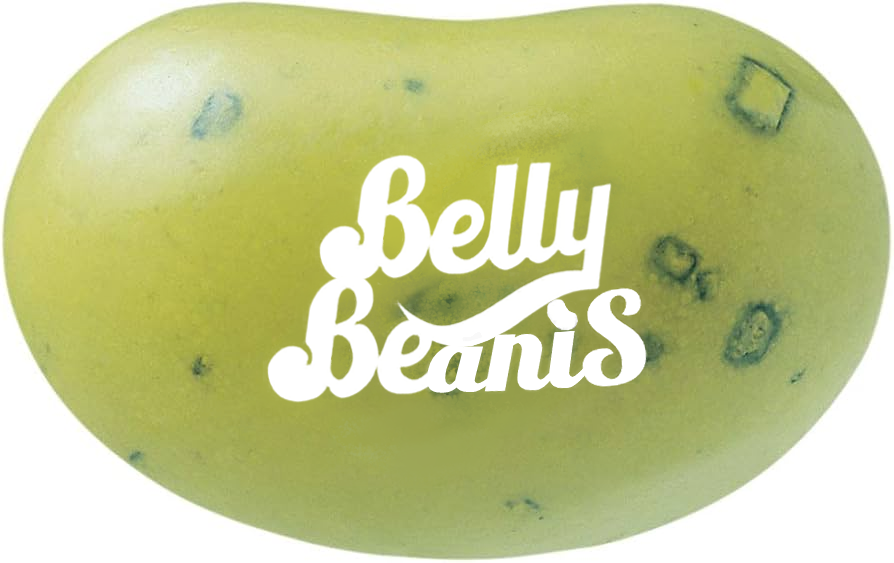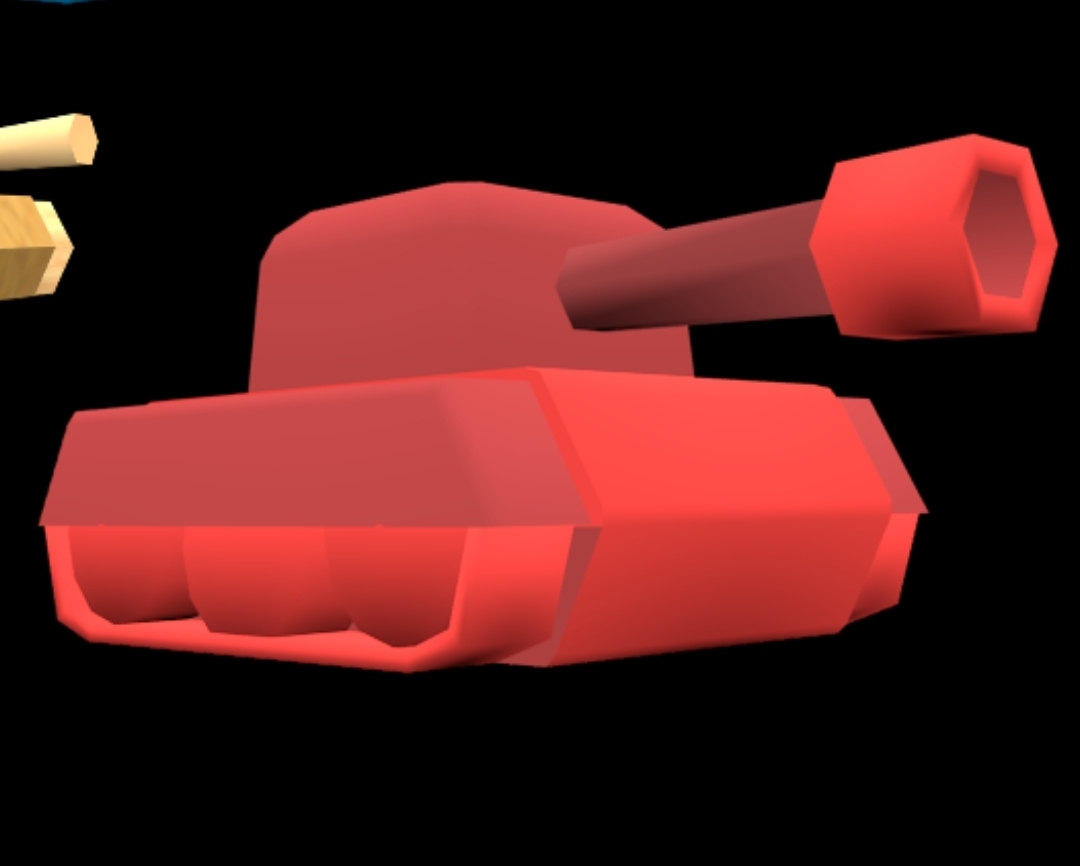Why is it spelt “blood”? It should be “Blud”.
Blood looks like it should be pronounced like food, with an ooo sound
Blewd
It’s pronounced to rhyme with “good” in Northern England, but then so are words like “mud” and “bud” as well. The distinction between /ʌ/ (as in “blood”, “luck”, “putt”, “bugger”) and /ʊ/ (as in “good”, “look”, “put”, “booger”) is called the foot-strut split. It developed in Southern England and was exported across most of the rest of the English speaking world without a consistent spelling between the two vowels having developed.
English used to have two vowels, /u:/ (as in “food”, “moon”, “loose”) and /ʊ/, which were usually respectively spelled <oo> and <u>, but /ʌ/ did not yet exist. At some point, people began to develop two different pronunciations of what used to be /ʊ/ - if the preceding consonant involved the lips and the following consonant involved the front of the tongue, it stayed /ʊ/, as in “put”, “pudding”, “wool” (which used to be spelled “wull”). Elsewhere, it shifted from /ʊ/ to /ʌ/, as in “luck”, “pup”, and “hull”. Both before and after this split occurred, some words which had /u:/ were prone to irregularly shifting to have /ʊ/ instead, including words like “look” and “foot” (ironically meaning that the foot-strut split is a misnomer since “foot” had /u:/ when /ʊ/ was undergoing the split). For those /u:/ words that shifted early enough, like “blood” and “flood”, they were actually eligible to undergo the foot-strut split, and ended up on the /ʌ/ side of things despite the <oo> spelling.
Variation between /u:/ and /ʊ/ continues to this day. In some dialects without the foot-strut split (and thus no /ʌ/), words like “foot” and “look” can still have /u:/. In dialects with the foot-strut split, some words like “room”, “broom”, “roof”, “root”, and “soot” can have either /u:/ or /ʊ/.
English is a terrible language, that’s what you get when you cram Latin, German, and French together and mix in vocabulary stolen from around the world. Nothing makes sense, nothing is pronounced phonetically, and it’s the only language in the world (that I’m aware of) that has spelling contests since everything is so unintuitive!
The spelling is bad mostly due to internal pronunciation changes in the language which weren’t reflected by updates to the spelling. That foreign spelling aren’t changed to match the native ones is largely due to the fact that the native ones had already become detached from pronunciation and speakers had developed a tolerance for ambiguity.
don’t you forget gaelic, which is where english gets the usage of “do” with personal pronouns in a way that’s generally omitted in latin, german, and french.
We might also be the only language where people have to use a thesaurus.
French has spelling contests too but more because of the fucked up grammar
I don’t respect fr*nch enough to think about it. Just thinking about “oiseau” makes me annoyed
Tu doch nicht so blöd!
What can you expect from the language that brought you ought (or), bough (ow), dough (oh), cough (off), rough (uff), through (oo), and thorough (uh), though?
Blood looks like it should be pronounced like food, with an ooo sound
That is incidentally how the Norwegian equivalent blod is pronounced, except the d is silent.
I’m blod ba da beda ba doo

Buhlud? No funnee…NO FUNNEEEE
can’t have the Great Vowl Shift without an owl
This is called “orthographic depth,” or how much a language’s spoken words deviate from their spelling. This occurs as accents change, new words are introduced, etc. Languages change over time, splitting off into dialects or new languages entirely (despite what French lawmakers think). This causes the orthographic depth to turn more “opaque” if no efforts are made to reform spelling.
Some languages with pictographic alphabets don’t run into this problem because the letter representing a thing never changes. It’s one of the strengths of having such a large alphabet. Pictographic alphabets also let people who speak different languages understand each other if their languages share an alphabet with similar enough grammar.










